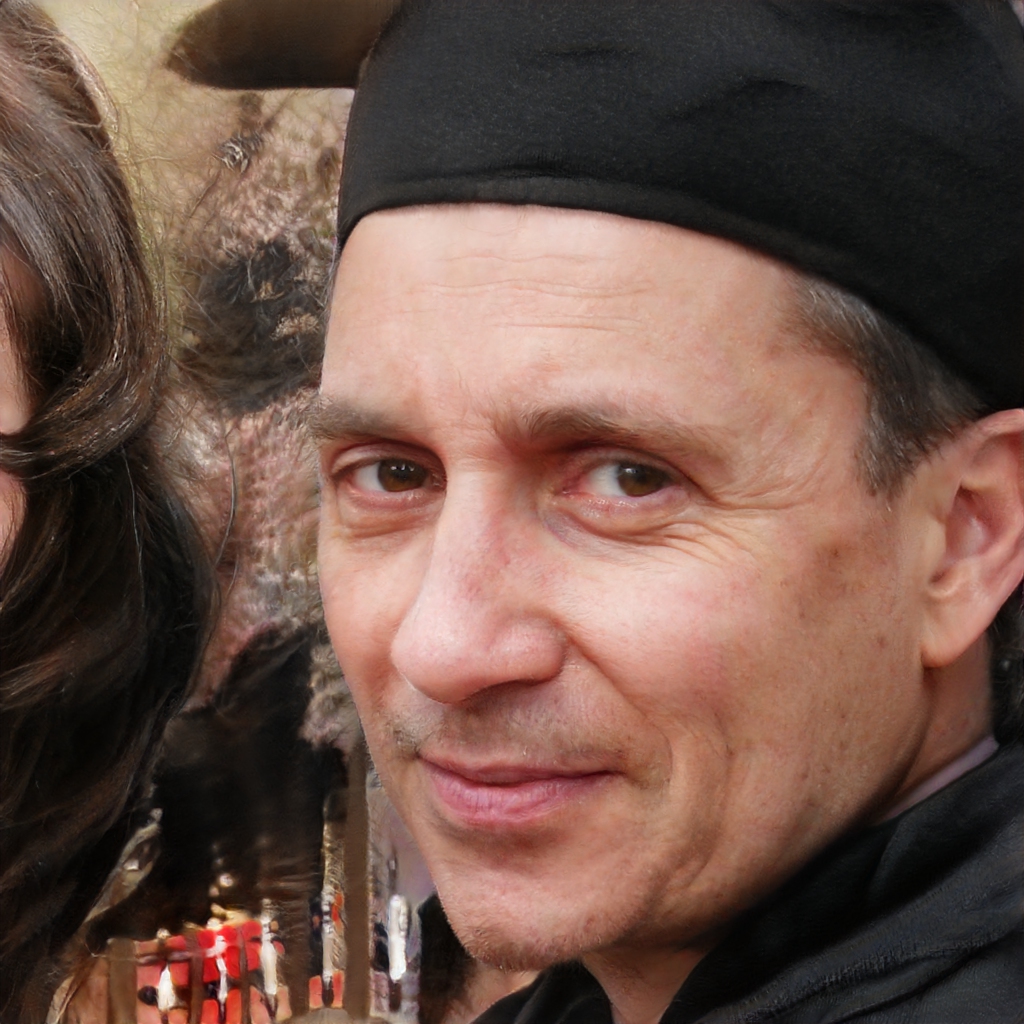Pascal is a high-level programming language developed by Niklaus Wirth in 1968. It was named in honor of the French mathematician Blaise Pascal.
Pascal was designed to encourage good programming practices and to discourage bad ones. For example, Wirth designed Pascal with strict rules that disallow the use of goto statements, which can lead to code that is difficult to understand and maintain.
Pascal is a widely used language in education, especially in introductory programming courses. Many universities and colleges use Pascal as a teaching language.
What is a Pascal meaning?
Pascal is a programming language created in the 1970s by Professor Niklaus Wirth. It is named after the French mathematician and philosopher Blaise Pascal.
Pascal was designed to be an efficient, general-purpose language that would encourage good programming practices and discourage bad ones. To that end, it includes features such as strong typing, data structures, and structured programming.
Pascal is widely used in education, particularly in introductory programming courses. It is also used in industry for applications such as embedded systems and video games. What is Pascal best known for? Pascal is best known for its implementation of structured programming. Pascal was developed by Niklaus Wirth in the early 1970s. What is a Pascal formula? In programming, a Pascal formula is a logical expression written in Pascal programming language. It is a sequence of one or more terms, each of which may be a constant, variable, function, or operator. What is a pascal in kg? A Pascal is a unit of measure for pressure, and is equivalent to one Newton per square meter. In terms of SI units, 1 Pa = 1 kg/m^2.
What is MPa in pressure?
1 MPa = 10^6 Pa
Pascal is a unit of pressure named after Blaise Pascal, a French mathematician, physicist, and inventor. The SI unit for pressure is the pascal (Pa), equal to one newton per square metre (N/m2, or kg·m−1·s−2).
